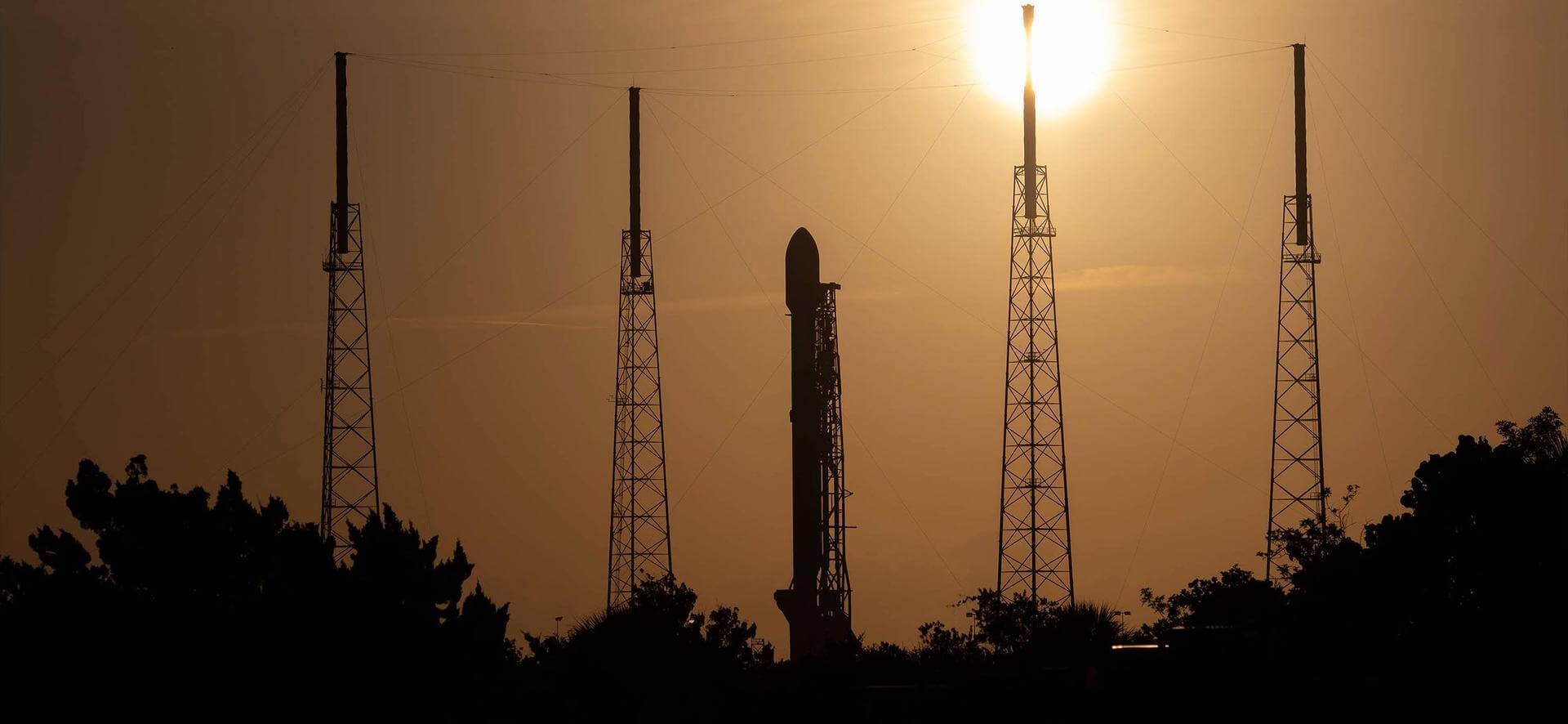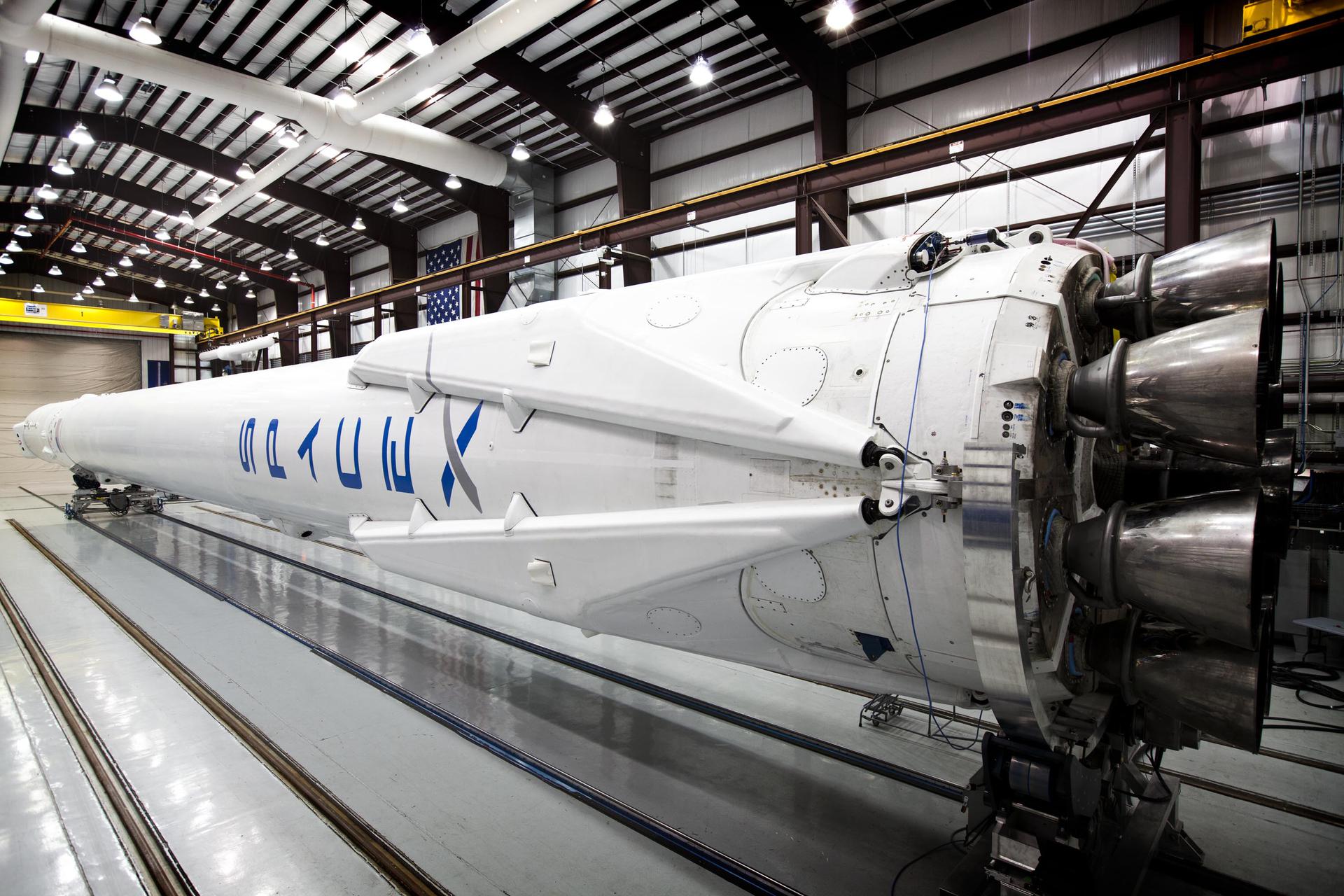
Launch
SpaceX
Falcon 9 Block 5 | GSAT-20 (GSAT-N2)
- Mission
- rocket
- Pad
- Agency
Mission
GSAT-20 (GSAT-N2)
Communications
Geostationary Transfer Orbit
GSAT-20 is an Indian geostationary Ka-band high-throughput communications satellite. GSAT 20 is reportedly built on the I-6K unified modular bus and features a Ka-band high-throughput communications payload with 70 Gbps throughput utilizing multiple spot beams providing broadband services across the Indian region. It will be the first fully Electric Propulsion/EP enabled satellite which can be five to six times more efficient than chemical-based propulsion. It will be the first ISRO made satellite to move from Geostationary transfer orbit to Geosynchronous orbit using Electric Propulsion.
Status
Launch Successful
The launch vehicle successfully inserted its payload(s) into the target orbit(s).
Pad

Location
America/New_York
Cape Canaveral SFS, FL, USA
Cape Canaveral Space Force Station (CCSFS) is an installation of the United States Space Force's Space Launch Delta 45, located on Cape Canaveral in Brevard County, Florida.
1064
69
Location Image

Rocket

Falcon 9 Block 5
Falcon 9 is a two-stage rocket designed and manufactured by SpaceX for the reliable and safe transport of satellites and the Dragon spacecraft into orbit. The Block 5 variant is the fifth major interval aimed at improving upon the ability for rapid reusability.
Details
Min stage: 1
Max stage: 2m
Length: 70.0m
Diameter: 3.65
First Flight: May 11, 2018
Total launch count: 501
Successful launches: 500
Failed launches: 1
Pending launches: 103
Consecutive successful launches: 203
Low Earth Orbit (LEO) capacity: 22800kg
Launch cost: US$52000000
Apogee: 200km
Attempted landings: 492
Successful landings: 487
Failed landings: 5
Consecutive successful landings: 187
Geostationary Transfer Orbit (GTO) capacity: 8300kg
Manufacturer
SpaceX
Commercial
USA
Space Exploration Technologies Corp., known as SpaceX, is an American aerospace manufacturer and space transport services company headquartered in Hawthorne, California. It was founded in 2002 by entrepreneur Elon Musk with the goal of reducing space transportation costs and enabling the colonization of Mars. SpaceX operates from many pads, on the East Coast of the US they operate from SLC-40 at Cape Canaveral Space Force Station and historic LC-39A at Kennedy Space Center. They also operate from SLC-4E at Vandenberg Space Force Base, California, usually for polar launches. Another launch site is being developed at Boca Chica, Texas.
2002
CEO: Elon Musk
Falcon | Starship
Dragon



Agency

SpaceX
Space Exploration Technologies Corp., known as SpaceX, is an American aerospace manufacturer and space transport services company headquartered in Hawthorne, California. It was founded in 2002 by entrepreneur Elon Musk with the goal of reducing space transportation costs and enabling the colonization of Mars. SpaceX operates from many pads, on the East Coast of the US they operate from SLC-40 at Cape Canaveral Space Force Station and historic LC-39A at Kennedy Space Center. They also operate from SLC-4E at Vandenberg Space Force Base, California, usually for polar launches. Another launch site is being developed at Boca Chica, Texas.
Details
CEO: Elon Musk
2002
Falcon | Starship
Dragon
Total launch count: 594
Successful launches: 579
Consecutive successful launches: 79
Failed launches: 15
Pending launches: 121
Successful landings: 539
Failed landings: 27
Attempted landings: 565
Consecutive successful landings: 78


